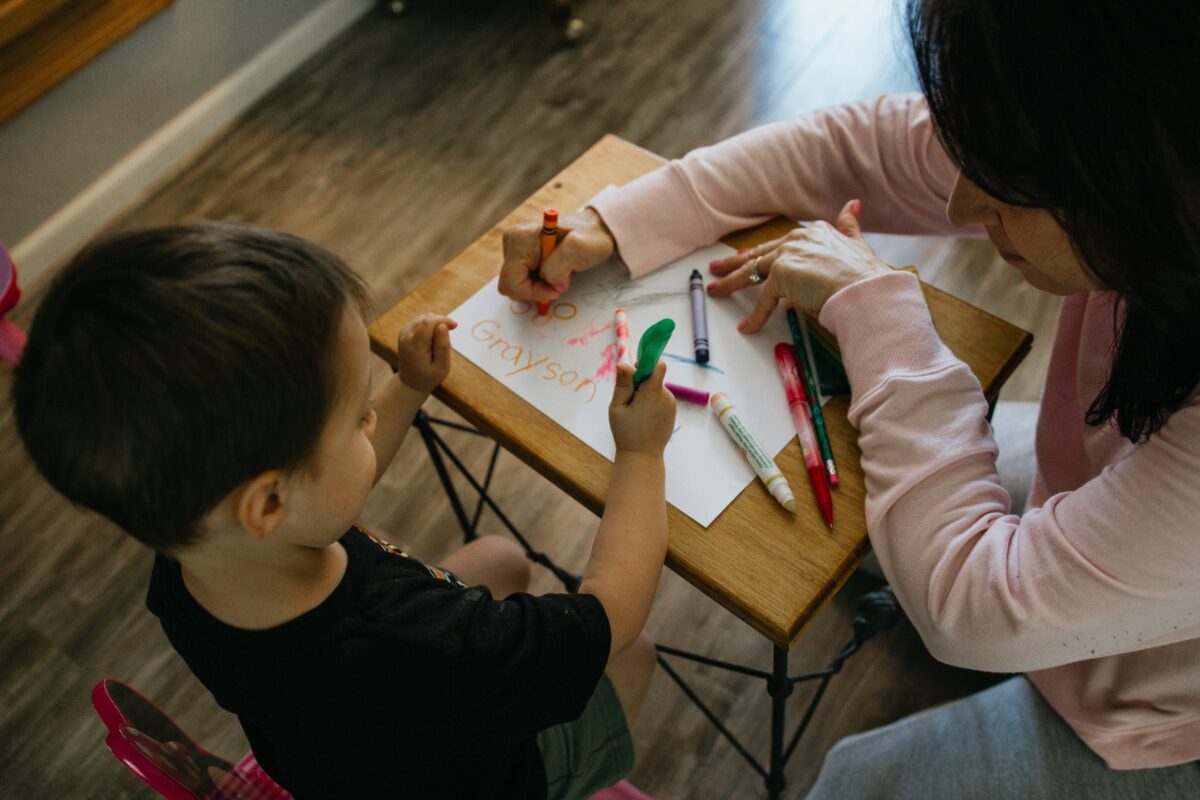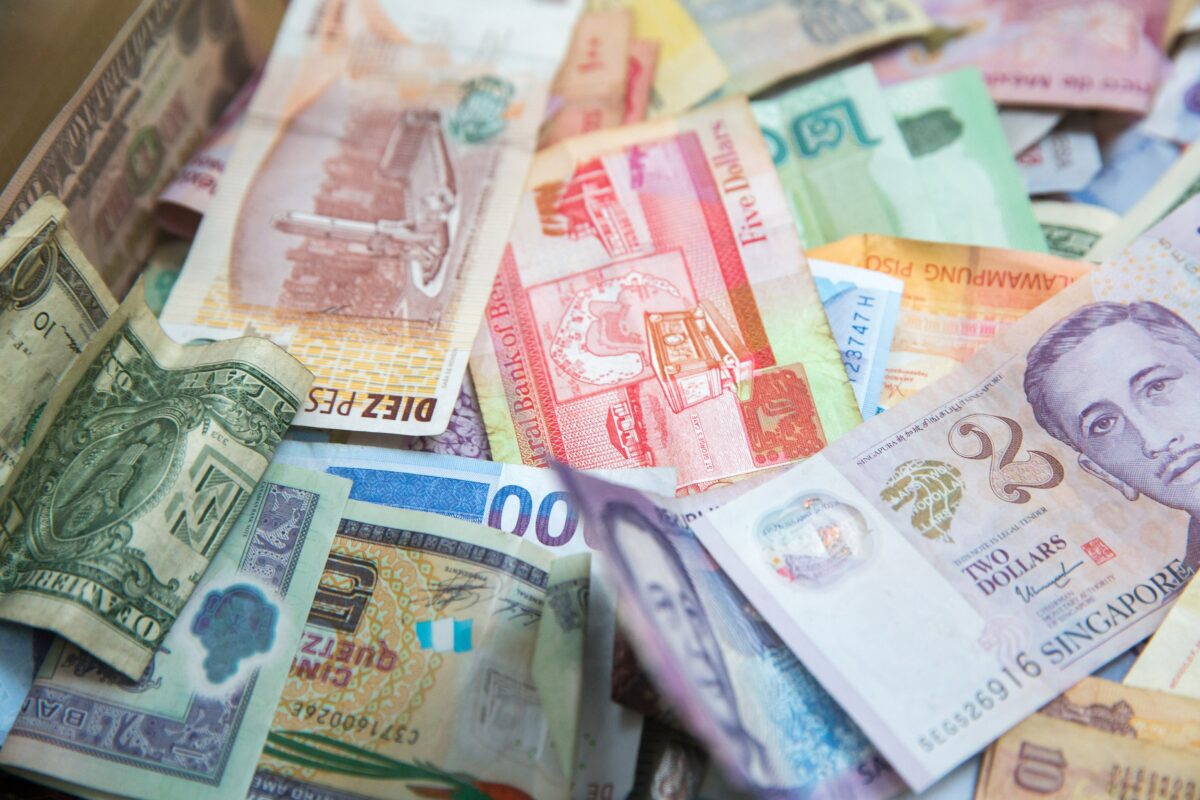In the Lion City, where “kiasu” (fear of losing out) culture reigns supreme, every parent dreams of giving their child the best. And when it comes to education, some believe private schools are the golden ticket. But with hefty fees and a sea of options, are they truly the pathway to prestige? Find out about the private schools in Singapore below.
Private education in Singapore has a rich tapestry of history and evolution. Initially, private institutions were set up to cater to the British expatriate community during the colonial era. Over the years, as Singapore transformed into a global hub, the demand for international curriculums grew.
The growth of the expatriate community, coupled with local parents’ desire for a global curriculum, has fuelled its rise. Today, private schools are no longer just for the expatriate community; they cater to a diverse group of students, both local and international, reflecting Singapore’s multicultural fabric.
The allure of the elite: Why private schools?
From tailored curriculums to state-of-the-art facilities, private schools in Singapore promise the world. But what’s behind their magnetic pull?
The promise of quality education

With smaller class sizes and specialised curriculums, private schools often boast a more personalised approach to education. This allows teachers to cater to each student’s individual needs, ensuring that no child is left behind. Moreover, with a lower student-to-teacher ratio, children receive more attention and guidance, leading to better academic outcomes.
Beyond academics: Holistic development
It’s not just about grades. Many private schools emphasise character development, arts, and sports, ensuring students are well-rounded. These institutions often have state-of-the-art facilities for extracurricular activities, from Olympic-sized swimming pools to fully-equipped music studios. This holistic approach ensures that students develop not just academically but also emotionally and socially.
The prestige factor: Is it all about status?
For some, private schools are a status symbol, a testament to their commitment to their child’s future. But is the prestige justified? While these schools often have a list of successful alumni, it’s essential to consider whether the school’s reputation aligns with its actual performance and the values it imparts to its students.
Read more: Top tips for getting your child into popular primary schools
Counting the costs: Investment or extravagance?
Private education doesn’t come cheap. But is it a worthy investment or mere extravagance?
The hefty price tag: Monthly fees and beyond
From S$3,000 monthly fees for preschools to even heftier amounts for higher education, the costs can be staggering. But it’s not just the tuition fees that parents need to consider. There are uniforms, books, and other miscellaneous fees that can add up. When considering a private school, it’s crucial to look at the entire financial picture and determine whether the benefits outweigh the costs.
The financial aspect of private education is multifaceted. While scholarships and financial aid are available, they are limited and often highly competitive. Parents need to consider not just the tuition fees but also the long-term financial implications. This includes potential overseas trips, enrichment classes, and other extracurricular activities that come with additional costs.
Moreover, with the rising cost of living in Singapore, families need to budget wisely, ensuring they strike a balance between providing quality education and maintaining a comfortable lifestyle. It’s also worth noting that while private education comes with a higher price tag, it’s an investment in the child’s future, potentially opening doors to global opportunities.
The hidden costs: Enrichment classes, field trips, and more

Beyond tuition fees, there are enrichment classes, overseas trips, and other “hidden” costs that can add up. These additional expenses can sometimes equal or even surpass the tuition fees. For instance, overseas field trips, while educational, can cost thousands of dollars. Enrichment classes, from robotics to ballet, can also add a significant amount to the monthly education bill.
Comparing the ROI: Private vs. government schools
With public schools in Singapore being top-notch, is the ROI on private education truly higher? While private schools offer a plethora of advantages, it’s essential to weigh these against the benefits of attending a public school, such as a more diverse student body, a curriculum tailored to the local context, and significantly lower fees.
The debate: Are private schools truly superior?
The age-old debate rages on. Let’s dive into the arguments.
Academic achievements: A closer look
While private schools often boast high academic achievements, how do they truly compare to their public counterparts? Some argue that the smaller class sizes and personalised attention in private schools lead to better academic outcomes. However, others point out that public schools in Singapore consistently rank among the best in the world, offering top-notch education at a fraction of the cost.
The social aspect: Building networks vs. living in a bubble
Private schools can offer great networking opportunities, but is there a risk of students living in a bubble? Some critics argue that these institutions, with their hefty price tags, cater primarily to the elite, leading to a lack of diversity. This can result in students being ill-prepared for the real world, where they’ll need to interact with people from all walks of life.
Preparing for the future: Do private schools offer a competitive edge?
In a rapidly changing world, do private schools provide students with a unique edge for the future? Proponents argue that the global curriculum, coupled with opportunities for international exposure, prepares students for a globalised world. Critics, however, believe that the values and skills imparted in public schools are equally, if not more, valuable.
The verdict: To enroll or not to enroll?
The million-dollar question (sometimes literally) when concerning private schools in Singapore.
Choosing a private school is not just an individual decision; it’s a family decision. The financial commitment can strain family finances, especially if there are multiple children. This might lead to sacrifices in other areas, such as vacations, leisure activities, or even the choice of housing. Furthermore, the decision can impact siblings, especially if one child attends a private institution while the other goes to a public school.
Read more: International schools in Singapore: Where to live for expat families
This disparity can lead to feelings of inequality or resentment. The school’s culture and values can also influence family dynamics. For instance, if a school emphasises competition, it might foster a competitive spirit at home. On the flip side, schools that prioritise community service might inspire the entire family to give back to society and the private schools in Singapore might be the best bet for parents.
Let’s weigh the pros and cons.
Weighing the pros and cons
From personalised attention to potential elitism, there’s a lot to consider. While private schools offer a plethora of benefits, they also come with a hefty price tag. Parents need to weigh the advantages against the costs, both financial and otherwise.
Listening to parents: Real-life experiences and decisions
Hear from parents who’ve been there, done that, and made the tough decisions. Some swear by private education, believing it offers their child the best possible start in life. Others feel that public schools offer an education that’s just as good, if not better, without the hefty price tag.
The future of private education in Singapore: Trends to watch
From tech integration to global partnerships, the landscape of private education is ever-evolving. As the sector continues to grow, it will be interesting to see how it adapts to the changing needs of students and the global landscape.
Popular private schools in prime neighbourhoods
Singapore’s prime neighbourhoods are home to some of the city’s most renowned private institutions.
Preschools

Orchard, Bukit Timah, and Holland Village: These upscale areas are home to elite preschools that promise a strong foundation.
- EtonHouse International Pre-School (Orchard): Known for its inquiry-based learning approach.
- Blue House Nursery & International Preschool (Bukit Timah): Emphasises experiential learning in a nurturing environment.
- White Lodge International Preschool & Childcare (Holland Village): Focuses on fostering creativity and individuality.
Properties with preschools

2
2

1
1

3
3

3
3

2
2

4
5

1
1

4
4

2
2

2
2
See all Orchard >

3
3

2
2

1
1

2
2

2
2

1
1

-1

3
3

2
2

4
4

4
4

2
2

3
3

7
7

2
1

4
3

2
2

5
4

4
6

2
2

4
4

3
2

2
2

3
3

2
2

4
5

2
3

4
4

-1
1

2
2

2
2

4
4

3
3

1
1

3
2
See all Bukit TImah >

2
2

2
2

2
1

2
1

2
1

4
4

2
1

2
2

2
2

3
3

-1

-1

2
2

3
2

-1
1

-1
1

3
2

2
2

3
1

-1

-1

2
2

2
2

-1
1

2
2

2
1

2
1

2
2

-1

2
1

2
2

3
2

3
1

3
2

-1
See all Holland Drive >
Primary and secondary schools
Tanglin, River Valley, and Sentosa: These areas boast schools that are the dream of many parents for their kids’ formative years.
- Tanglin Trust School (Tanglin): A British international school with a rich history dating back to 1925.
- ISS International School (River Valley): Offers the International Baccalaureate (IB) curriculum.
- EtonHouse International School (Sentosa): Known for its holistic approach to education.
Properties with primary and secondary schools

5
4

3
3

2
2

2
1

2
2

2
2

1
1

3
2

1
1

3
2

2
1

-1
1

3
2

2
2

5
4

3
3

3
3

3
3

3
2

5
7

4
5

2
2

2
2

3
2

2
1

2
2

4
5

4
5

2
2

5
5

2
1

1
1

4
4

4
4

3
2
See all Tanglin >

4
4

2
2

1
1

4
5

3
2

3
3

4
4

3
3

2
2

3
4

3
4

4
5

2
2

4
4

4
3

3
3

5
6

2
1

4
4

1
1

1
1

3
3

3
4

2
1

2
2

4
3

1
1

2
2

2
2

-1
1

5
6

5
5

4
5

3
4

1
1
See all River Valley >

5
5

4
5

3
3

5
4

5
5

3
4

3
3

4
3

6
7

3
3

6
5

3
4

6
7

3
4

5
3

3
3

4
3

3
4

3
3

4
4

3
3

3
3

3
3

3
3

5
4

4
4

3
3

4
5

4
4

3
3

4
5

4
4

4
5

4
4

4
4
See all Sentosa >
Colleges and universities
These areas are not just about glitzy condos; they’re also home to top-tier private colleges.
- James Cook University (Marina Bay): An Australian university offering a range of undergraduate and postgraduate programs.
- Singapore Institute of Management (SIM) (Woodlands): Offers a diverse range of programs in partnership with international universities.
- Temple University (East Coast): An American university known for its business and law programs.
Properties with colleges and universities

1
1

2
2

4
5

2
2

6
6

1
1

1
1

2
2

4
4

1
1

3
3

1
1

1
1

2
2

0
1

1
1

4
4

1
1

1
1

1
1

3
2

1
1

2
2

2
2

2
2

2
2

5
5

4
5

-1

1
1

-1
1

3
3

1
1

3
2

0
1
See all Marina Bay >

3
3

3
3

3
2

4
3

4
2

4
2

2
2

-1

-1

3
3

1
1

2
1

2
2

4
2

4
2

3
2

3
3

4
4

3
2

-1
1

-1

1
1

3
2

3
2

-1

1
1

3
4

3
2

5
4

3
2

3
2

-1

3
2

2
3

6
5
See all Woodlands >

5
5

5
6

5
6

6
6

5
5

6
6

5
5

6
6

5
5

4
4

-1
1

5
5

5
4

5
5

5
4

5
4

5
5

6
6

6
6
See all East Coast >
How does the presence of educational institutions in a locality influence property values?
Ever noticed how swanky neighbourhoods always seem to have a fancy school with a name that’s hard to pronounce? Well, there’s a reason your wallet feels lighter just driving by. Elite educational institutions are like the celebrity neighbours of the property world. Just their mere presence in a locality makes property prices shoot up like a kid’s hand who knows the answer in class. Families, in their quest for the best for their little geniuses, often flock to these areas, creating a real estate version of a fan club.
And it’s not just about the school bells and fancy uniforms. These elite school neighbourhoods tend to sprout everything from artisanal coffee shops (where you can overhear conversations about existential crises of five-year-olds) to parks where every child seems to be on a first-name basis with Shakespeare. It’s a whole vibe! So, while you’re paying a premium for that house near the top-tier school, remember you’re also buying a ticket to a community theatre where academia meets real-life sitcom. Property investment never seemed so entertaining, right?
Conclusion
Choosing a school is like picking a BTO flat – it’s a long-term commitment that can shape your child’s future. Whether you opt for private or public, remember: it’s not just about prestige. It’s about finding the right fit for your child. And hey, if all else fails, there’s always homeschooling!
The post Private schools in Singapore: A pricey path to prestige? appeared first on .


